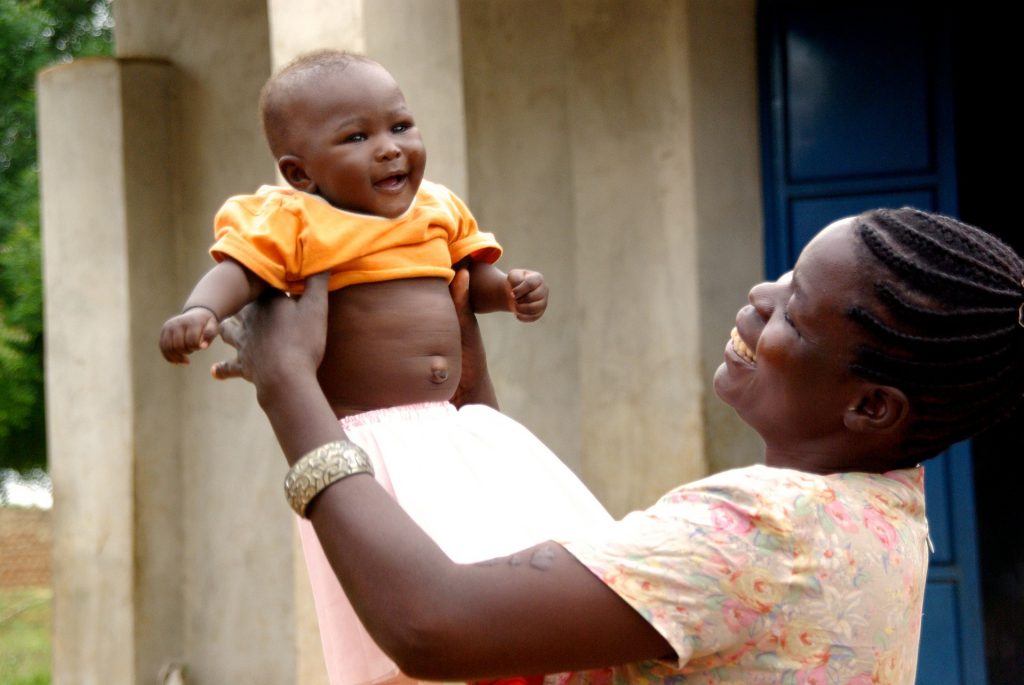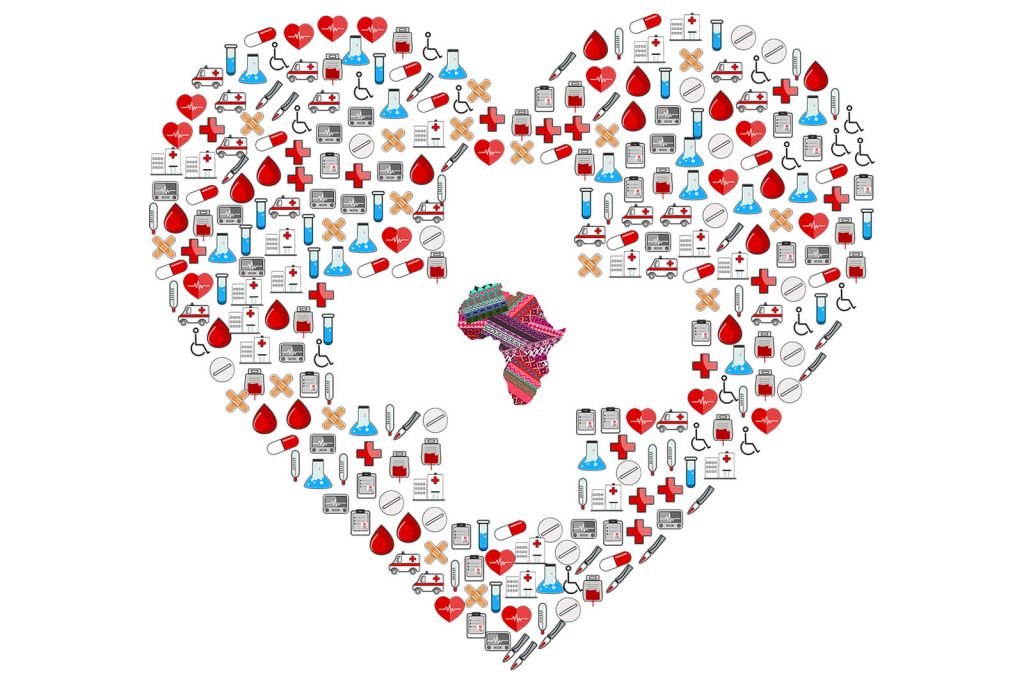Infectious outbreaks illuminate a common concern for public health i.e. improving the health of the country. This is not what we tend to think about when we think about health and general wellbeing in this country. Instead, we make it about the health of individuals, and access to the healthcare practitioners and medicines that help us recover when we, as individuals fall ill.
We should instead think about the steps we should take to prevent disease as a country and prioritize health and general wellbeing as a collective.




Preventing disease nationwide requires bold, responsive health systems, governance and communal spaces that are built with well-being in mind and less exclusion of the less fortunate. Consider those grappling with poverty and income instability, we need to come together create a safety net for them, as well as those with compromised health and create security a whilst providing solutions. Cooperation at all levels is of paramount importance to effectively deal with COVID-19 and potentially future outbreaks, swiftly and decisively.
In hindsight it is clear that accomplishing this requires long-term planning, and a willingness to invest in the public health system with intent and no hesitation from both the private and public sectors respectively. This begins with educating the public about what really matters for a healthy nation to function, and that is a healthy population. The reaction to COVID-19 has shown how far behind we are in this regard.
In the weeks since the disease was first detected in China, anti-Chinese sentiment has been part of the narrative about COVID-19 along with harsh jokes and memes, with Chinese locals it further affirms how disconnected we as a nation which further makes acting as a single unit a much greater mountain to summit. Unfortunate this undermines our ability to address the disease in the most effective way possible. Managing and dealing with infectious outbreaks, promoting public health and cooperation relies on our ability to work together, which we cannot achieve if we are willing to tolerate marginalization, bigotry, and the making the upper-class as it were a priority
Visualize for a second, what South Africa would be like if we placed a concern for public health at the top of priority list. If we poured money into the public health programs that ensured our townships, rural areas and informal settlements were well looked after and had access to high quality and reliable healthcare. If we refused to accept the reality of the less fortunate being faced with unreasonably high vulnerability to disease and understanding that their vulnerability is our vulnerability. If we understood that to keep the heartbeat of South Africa pumping, we need to look after its heart, the people of South Africa.
This is an open invitation to delve deeper, research innovate and create sustainable strategies to deal with the current crisis and improve the Public Healthcare System going forward.
